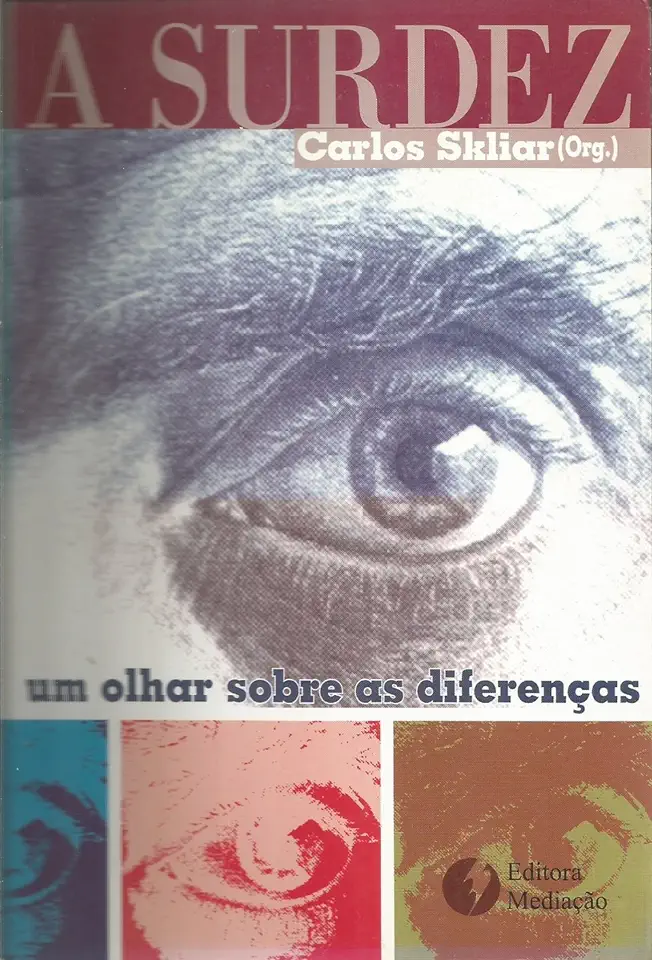
Deafness - Carlos Skliar
Deafness: A Cultural Approach
In his groundbreaking book, "Deafness: A Cultural Approach," Carlos Skliar challenges traditional notions of deafness and offers a new way of understanding the experiences of deaf people. Drawing on his own experiences as a deaf person, as well as extensive research, Skliar argues that deafness is not a disability, but rather a cultural identity.
A New Way of Understanding Deafness
Skliar begins by critiquing the medical model of deafness, which views deafness as a pathology that needs to be fixed. He argues that this model is based on a false dichotomy between hearing and deafness, and that it ignores the rich cultural and linguistic experiences of deaf people.
Instead, Skliar proposes a cultural approach to deafness, which views deafness as a way of life that is distinct from, but not inferior to, hearing culture. He argues that deaf people have their own unique language, values, and traditions, and that they should be recognized as a linguistic and cultural minority.
The Deaf Community
Skliar describes the deaf community as a vibrant and diverse group of people who share a common language and culture. He discusses the importance of deaf schools and organizations, which provide deaf people with a sense of community and support. He also explores the challenges that deaf people face in a hearing world, such as discrimination, lack of access to education and employment, and the stigma associated with deafness.
Deaf Culture
Skliar provides a detailed overview of deaf culture, including its history, language, and values. He discusses the importance of sign language, which is the primary language of deaf people, and he explores the ways in which deaf people use visual communication to express themselves. He also discusses the values of deaf culture, such as the emphasis on community, cooperation, and self-reliance.
Implications for Education and Society
Skliar concludes by discussing the implications of his cultural approach to deafness for education and society. He argues that deaf children should be educated in sign language and that they should be given the opportunity to develop their own cultural identity. He also calls for greater recognition of deaf culture and for the elimination of discrimination against deaf people.
A Must-Read for Anyone Interested in Deafness
"Deafness: A Cultural Approach" is a groundbreaking book that challenges traditional notions of deafness and offers a new way of understanding the experiences of deaf people. It is a must-read for anyone interested in deafness, disability studies, or cultural studies.
Praise for "Deafness: A Cultural Approach"
"A brilliant and groundbreaking book that challenges the way we think about deafness. Skliar's work is essential reading for anyone interested in understanding the experiences of deaf people." — Oliver Sacks, author of "The Man Who Mistook His Wife for a Hat"
"A powerful and moving account of the deaf experience. Skliar's book is a must-read for anyone who wants to understand the challenges and triumphs of deaf people." — Marlee Matlin, Academy Award-winning actress and deaf activist
"A groundbreaking work that will change the way we think about deafness. Skliar's book is a must-read for anyone interested in disability studies, cultural studies, or human rights." — Susan Wendell, author of "The Rejected Body"